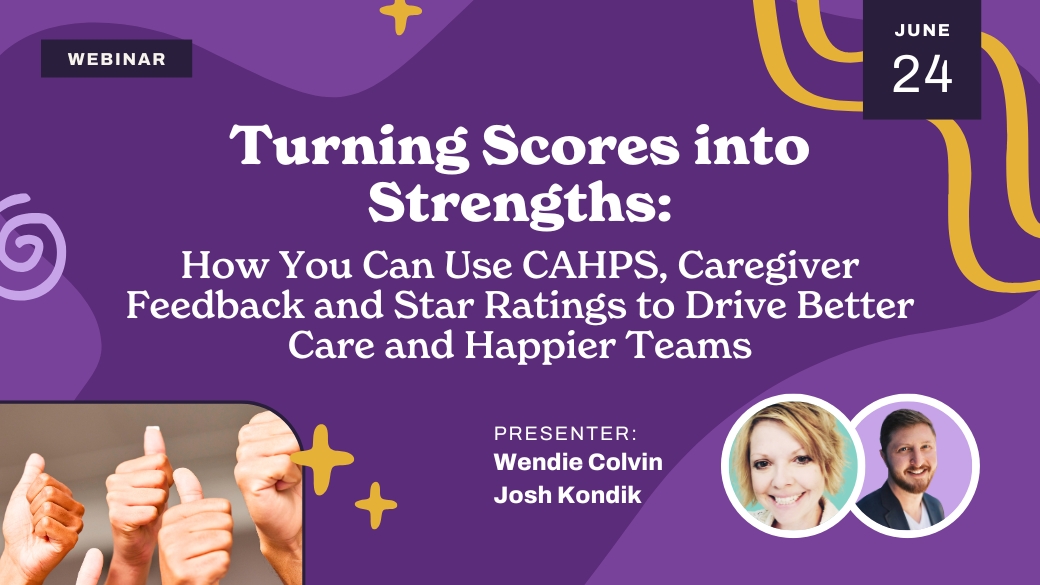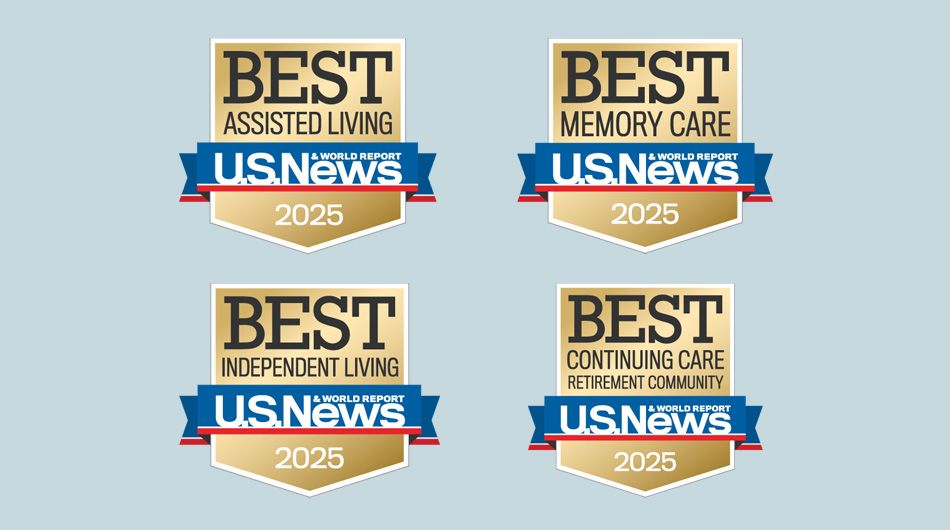A few weeks ago we wrote about improving your training efforts to decrease caregiver turnover. And as helpful as increasing training can be, it’s only part of the solution. Caregiver shortages have always been an issue, but according to the Private Duty Benchmarking Study, it’s becoming more and more of a problem every year with more than half of providers citing it as the single largest threat to the growth of their business. How can you, as a home care business owner, combat this trend? By caring for your caregivers.
The human family is very diverse, and everyone has their specific “needs,” but it often comes down to care. People like making friends with others who care about them. Family relationships are so important because it breeds an environment where people can receive the care they need. The service you offer as a home care provider is a clear example of this, because your clients just want to be cared for and respected. So take this same approach with your caregivers and recognize they’re people too. They want to be cared for, in both their personal and professional lives. They want you to show that you care about them.
One suggestion we have is to approach recruitment and retention like the two way street it is. It’s not just about what caregivers can do for your agency; it’s also about what you can do for your caregivers.
Asking your caregivers how they are doing isn’t going to help you identify who is and isn’t experiencing caregiver burnout. You must continuously watch for signs of a worn-out caregiver. Here are a few ways to not only prevent caregivers from wanting to quit their job but to help overcome it if it has come about already:
In order to recognize the indicators of burnout, you must regularly interact with your caregivers. Find ways your office staff and supervisors can build relationships with a foundation of trust and mutual respect. When caregivers know your staff cares, they are more likely to disclose how they are really doing when they come in contact with your staff. You could even consider providing opportunities for continuing education where a member of your agency facilitates and is able to observe and note those caregivers who may need a helping hand.
Caregivers who feel like an important part of your company will feel a sense of empowerment, which will be huge in keeping your agency a long-term market competitor. When your caregivers know their importance, they care about their job and your clients receive better care, which boosts satisfaction. Caregivers who know they are valued will not only be more happy with their job but will be more loyal to your agency. They simply need to know you are looking out for them just as much as they are looking out for your clients.
Related Posts











